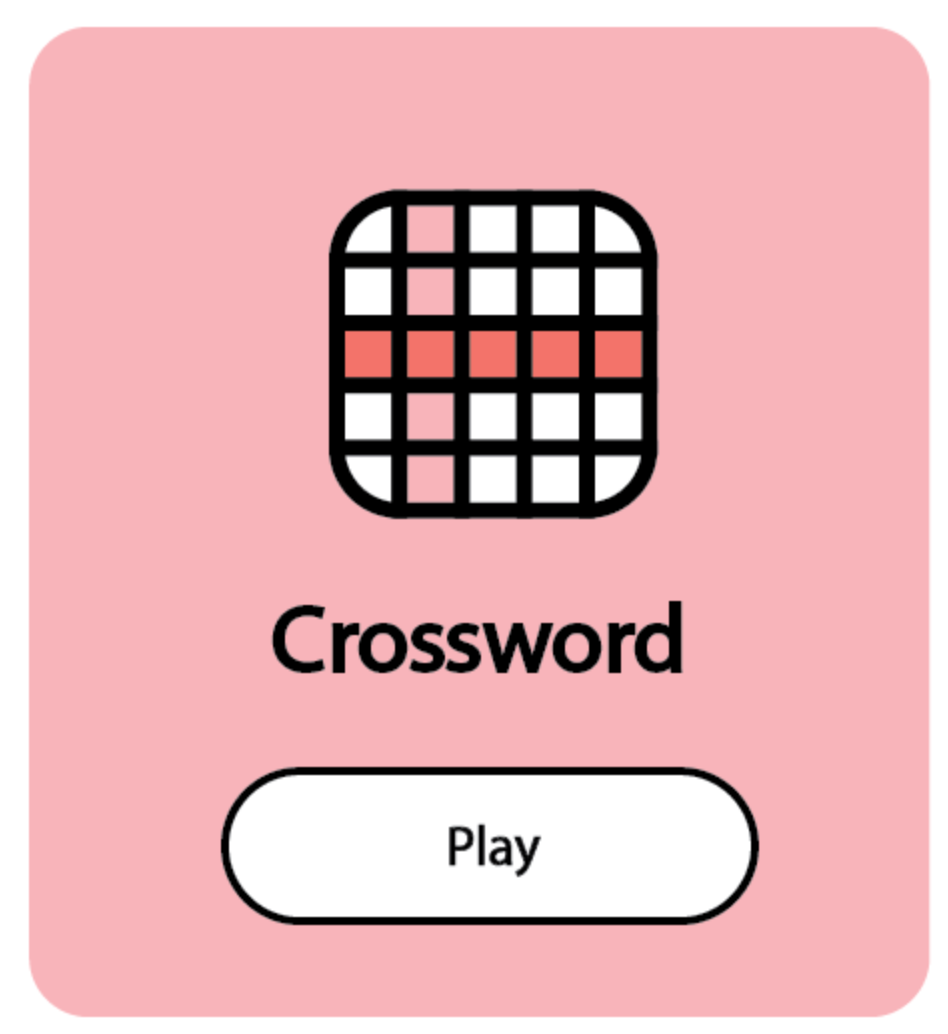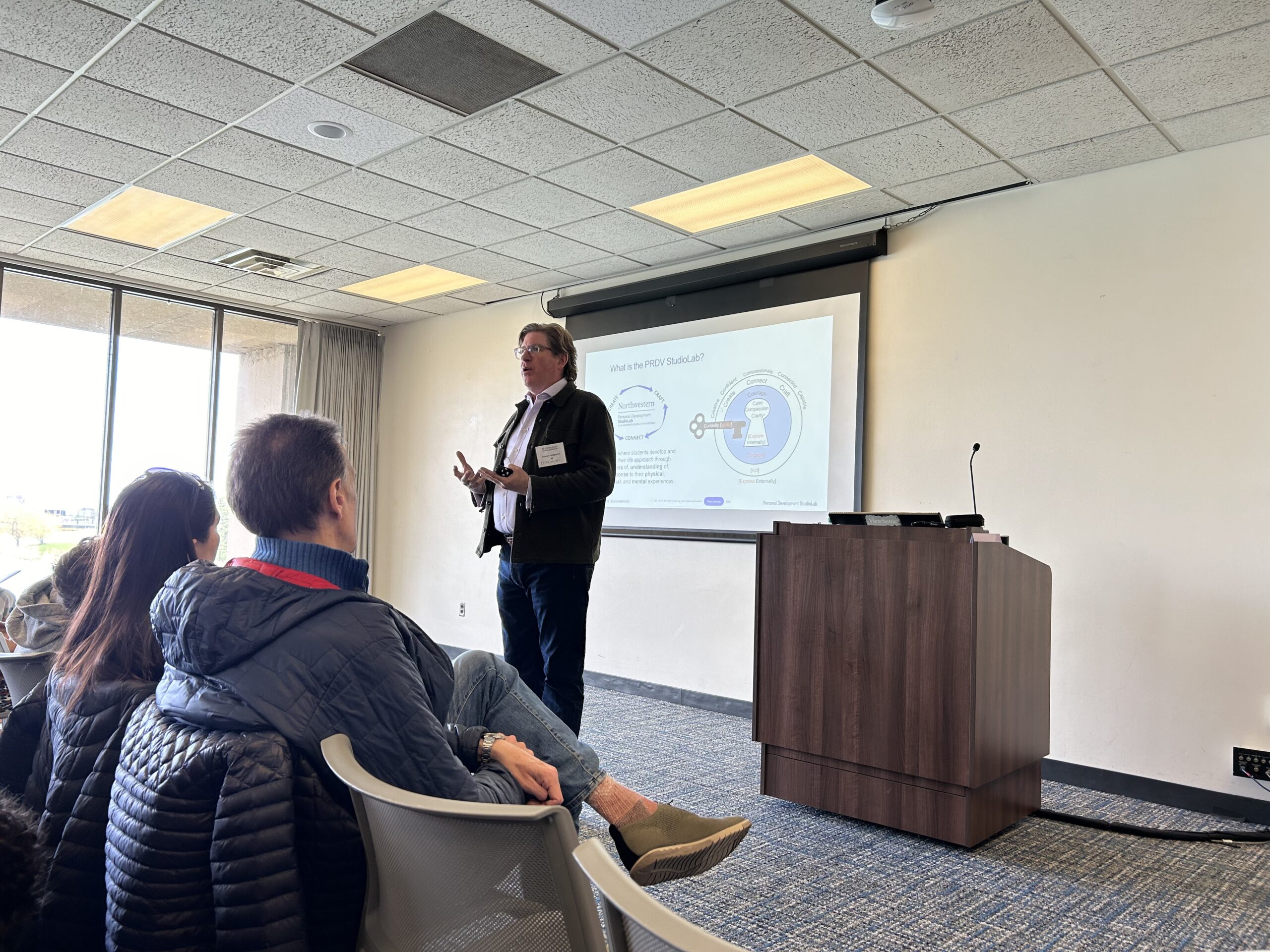
Listening to the thumping of the bass inside my sister’s car, “Body Language” by Kali Uchis marked my first experience listening to her album Isolation. Uchis’ hypnotic ad-libs beckoned me into full immersion. At the end of this introduction, I desperately asked my sister to let me continue playing the rest of the album instead of skipping to the next song on her playlist. Isolation showcases the singer-songwriter’s alluring voice and leaves the listener filled with impassioned emotions.
Isolation, Uchis’ debut studio album, includes a variety of different genres, mostly featuring R&B and Soul. With over 15 tracks, she takes the risk of showing her vulnerability and displays her authentic self with this album. Uchis is a Colombian-American artist who was raised both in America and Colombia during her childhood. She was eventually kicked out of her home at age 17 and wrote Drunken Babble in 2012 after that incident. She gained traction from that album and worked on a couple more releases, which eventually led her to release Isolation, her first studio album, in 2018.
Isolation is electric. It starts off with “Body Language,” with the sound of waves hitting your ears before the song even begins. The flute and bossa nova introduced after the waves hit feel melodic accompanying her voice. I enjoy the introduction, which allows the song to immediately crash into your ears and force you to hear Uchis.
She sings about escapism with deeply resonant lyrics like “Now I’m packing all my bags, and I am leaving it behind. There’s no tracking where I’m going.” The constant thumping of the bass feels comforting, leaving you soothed by song. When the outro hits, the work culminates in self-exploration, as Uchis beckons the audience to listen not just to this song but the following ones as well. She sings “Just come closer, closer, closer, closer (I wanna know who you are).” The urgency of the flute and bass make these lyrics more tantalizing, drawing the audience into the rest of the album. The song “Miami,” featuring BIA, continues a powerful tracklist by using Latin Pop and R&B influences throughout the song. The bass shines in this song the most. The percussion feels relaxing and provides a constant thumping that feels like the slow pace of a long drive down the highway. The chorus is captivating, as Uchis sings lyrics like “take control of your own destiny,” and they connect with the audience. The bridge quiets down the song instead of building it up, as the instrumentals are stripped to only the bass and synths. She sings how she “Don’t do what I’m runnin’ from, but I’m always on the run. Now I can’t afford to look back.” It feels as though you’re in the back of a car, with hot gusts of wind blowing in your hair – it’s exhilarating. BIA is a perfect addition to the song as well with her energetic voice contrasting Uchis’ smooth one. Her voice provides a compelling transition after the tranquil bridge.
Isolation compiles songs seamlessly together through the entirety of the album, with themes of exhaustion and freedom being explored in “Your Teeth In My Neck” with an uplifting beat and the tranquil melody in “Tomorrow.” She explores different genres as well, with reggaeton beats in “Nuestro Planeta” featuring Reykon. This album’s cohesiveness is also made stronger with outliers, adding different textures to her collection.
“Dead To Me” starts with a piano and strong synths, sounds I’ve never heard mesh so well together before. Her lyrics are powerful every single time. “I don’t know what you been told. See, I am not your enemy” is a sensational start as it demonstrates her attitude to her listener. The lyrics mimic the contrasting piano-synth instrumentals, as poetic lyrics are contrasted by the reproachful tone of the song. When it reaches the bridge, it starts off with her softly singing, “Why can’t you see you’re dead to me.” When I heard this part, its callousness chilled me to the bone. The whole song sounds fierce, showing off that Uchis does not care about the people who have hurt her. Why should she when she has herself? She asks the audience this same question.
The interlude “Coming Home” is one of the best interludes of all time. The combination of beats and melancholic feel of the synths sounds so captivating. It feels intense as she sings “Nothing will ever heal the wound, nothing will ever seal the wound.” The feeling of pain takes forever to heal, if it can. The instant switch when part two hits with the instrumentals is fantastic as the beat continues until everything else fades, and then it instantly rouses the whole song up again with a new beat. She sings, “Gotta get it right, I can’t pause and rewind,” offering another layer to the album itself, talking about how life doesn’t have second chances. She took a risk with this album, and it paid off.
Uchis’ lyrics reflect her pain, but often, the music accompanying it is cheerful. “Feel Like A Fool” talks about an abusive relationship with an upbeat track, and “Flight 22” talks about dying with one’s lover while a dreamy sound plays. She uses her experiences as a creative outlet, with it shining with her outro “Killer.” This song has a reflective quality as it reminisces her experience with just struggling, with it being the oldest song on her track as she wrote it based on her experience of being kicked out at age 17 due to skipping school, breaking curfew and having a strained relationship with her family. Uchis didn’t know where she wanted to go with her life during that period, but her music was there with her. With the pain felt in the song, it’s a reminder of her growth as well, with her being able to produce this album despite life feeling uncertain at that moment.
Isolation introduces us to Uchis’ truly awe-inspiring world. Ranging from different artists to her own musical touch, it has aged quite well over the seven years since its release. It is well worth your while to give it a listen.


